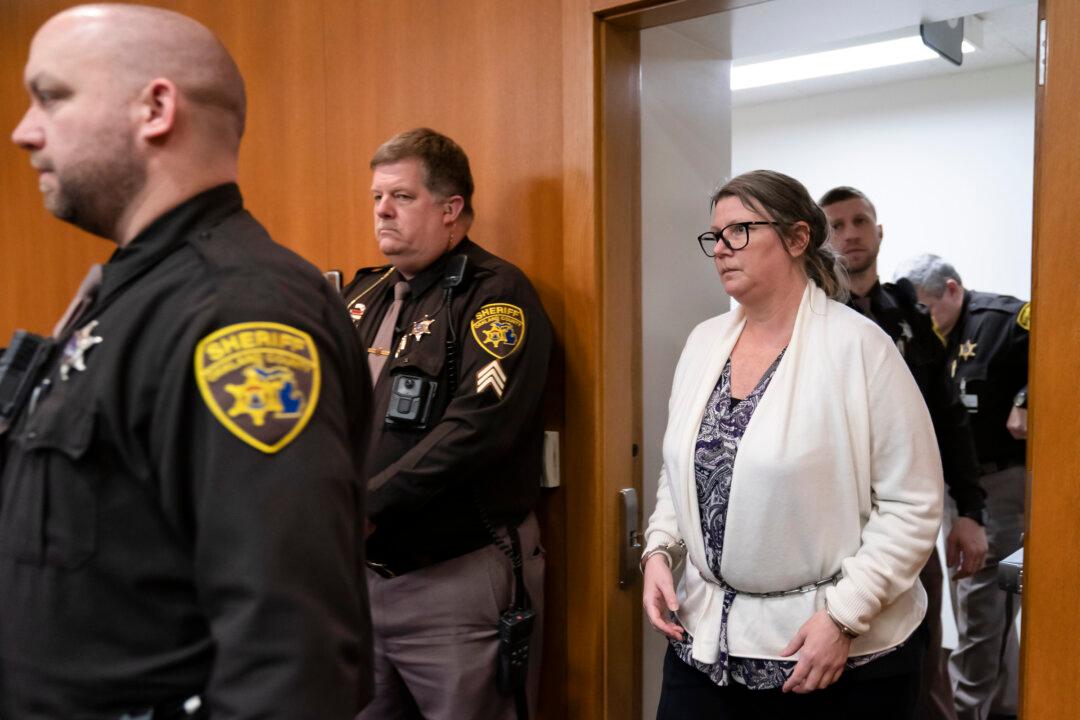In a first-of-its-kind trial, the mother of a school shooter has been found guilty of four counts of involuntary manslaughter in the deadly Nov. 30, 2021, shooting at Oxford High School in Michigan.
The jury was tasked to decide whether the shooting was reasonably foreseeable by Mrs. Crumbley and therefore preventable.





